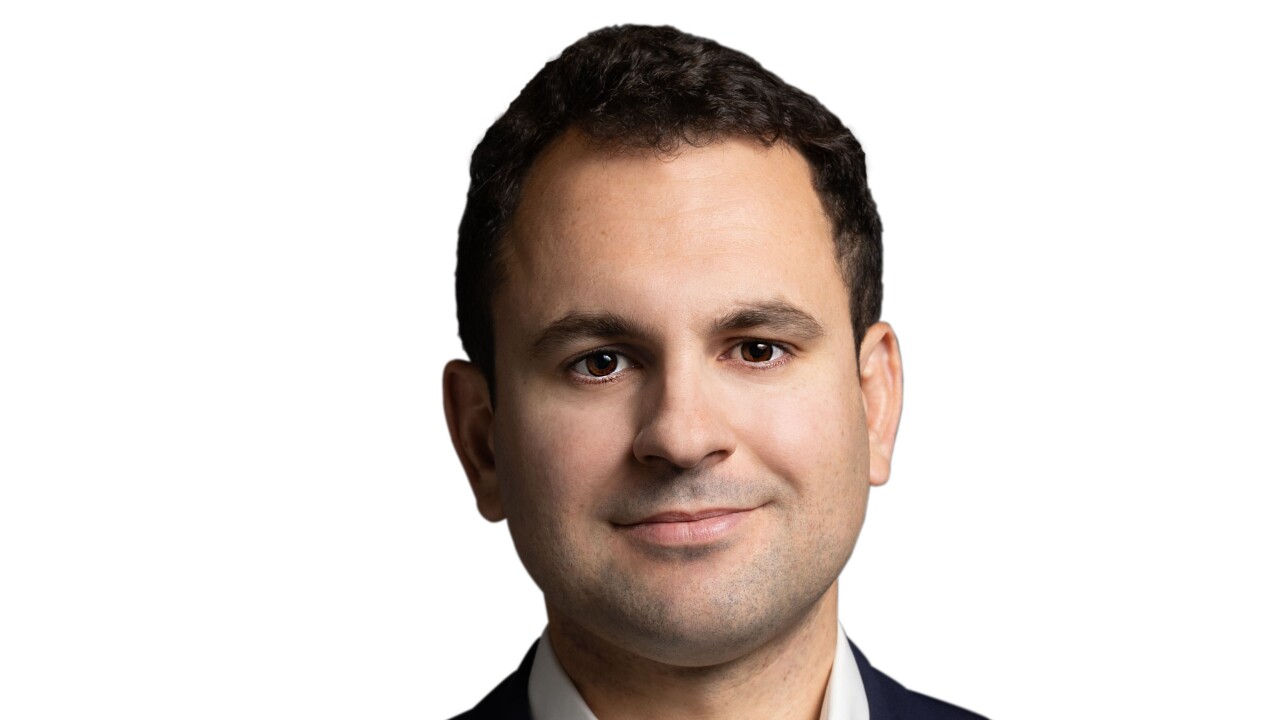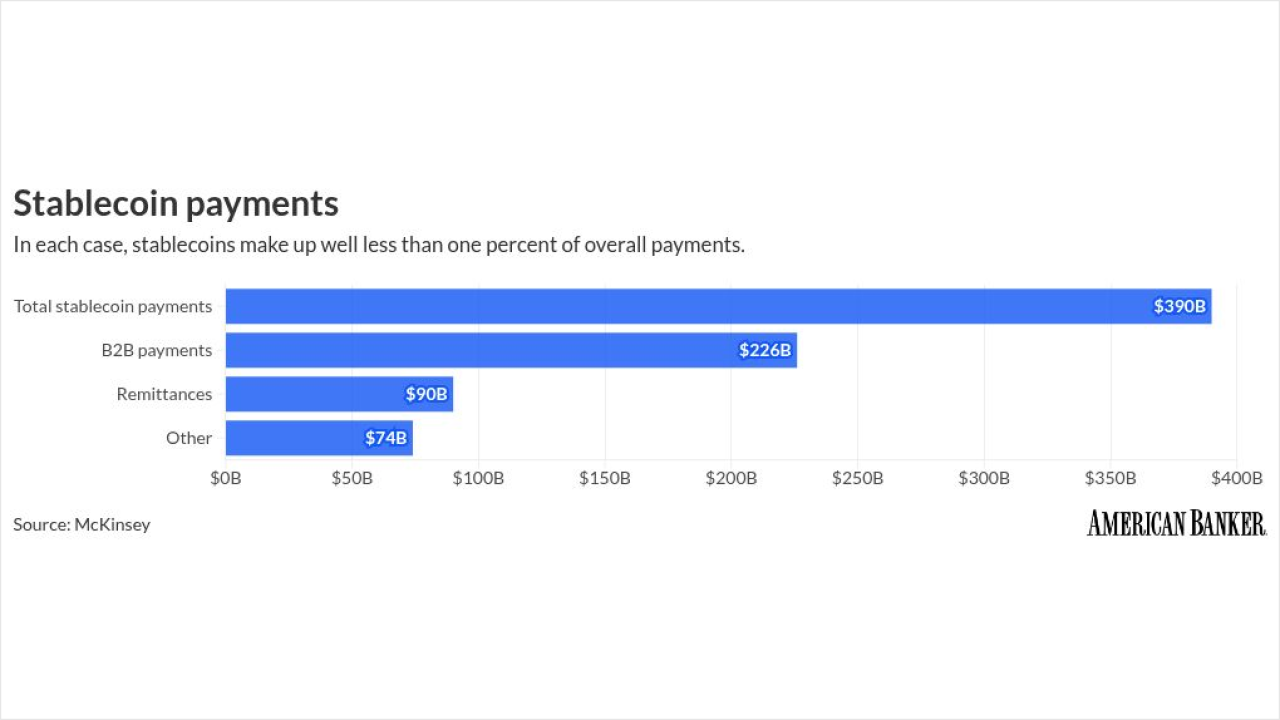-
KeyCorp's deal to buy First Niagara is a return to significant M&A for a company that has long been content to stay on the sidelines. But getting such a deal approved is tougher than ever, and will test Beth Mooneys regulatory juice.
October 29 -
The speculation is over and a deal has been announced. How will the regulatory process play out? What will the branch network look like? These questions are more are worth asking as New York Community takes the next few months to shore up support for this $2 billion acquisition.
October 29 -
The long-delayed approval of the merger of M&T and Hudson City should have been a bright spot in postcrisis M&A, but a small footnote from the Fed quickly reminded bankers that dealmaking will remain a demanding process.
October 1
Regional bank executives have a conundrum to solve as they deploy capital to make purchases while being mindful of shareholder-friendly pricing and terms.
KeyCorp in Cleveland, for instance, had been building capital despite efforts to return money to investors with buybacks and dividends. KeyCorp's planned $4.1 billion purchase of First Niagara Financial Group in Buffalo, N.Y., will help it put capital to work.
Investors, still, were spooked by the deal's terms, including 12% tangible-book-value dilution that will take, by some measures, a decade to recoup. Shares seemed poised to fall by at least 10% since word of the deal leaked a day before it was announced.
Thus the need to balance capital deployment and deal terms, industry experts said.
"Excess capital is hurting returns at large regionals," said Marty Mosby, an analyst at Vining Sparks. "If you can't give it back to shareholders — and you don't have enough organic growth to utilize it — then it is just dead money sitting on your balance sheet."
"The market is saying the deal was overpriced," said Jeff Davis, managing director of the financial institutions group at Mercer Capital. "One of the nuances of putting a deal together is striking the right balance between what the buyer gets and what the seller gets. I think the market reaction is saying this exchange ratio was skewed a little bit too much toward First Niagara."
Since the financial crisis, banks have been restrained on how they can deploy capital, especially big institutions that must complete the Comprehensive Capital Analysis and Review. Those banks generally are not returning more than 100% of earnings to investors, even when they have excess capital.
The $95.4 billion-asset KeyCorp was one of the more-aggressive banks in terms of returning capital, and yet capital still kept piling up, said Scott Siefers, an analyst at Sandler O'Neill.
First Niagara "was one of the few opportunities to do something meaningful," Siefers said. "Largely what banks can do with their capital has been outsourced to regulators."
KeyCorp's deal was the second big bank deal in as many days — New York Community Bancorp agreed Thursday to buy Astoria Financial — and similar deals could follow, analysts said.
Often, investors have been able to sacrifice some dilution in tangible book value for earnings accretion. But a lengthy earn-back period — and having to wait until 2017 for First Niagara to meaningfully add to net income — may have been too much for KeyCorp's investors. New York Community's investors also reacted negatively to its deal, though that purchase includes a balance sheet restructuring, capital raise and a lower dividend.
"If you look at how the market has reacted to these deals, the knee-jerk reaction hasn't been encouraging," said Terry McEvoy, an analyst at Stephens. "You might see the market embrace a transaction, but that has not been the case with either of these deals."
KeyCorp could have pacified investors by tweaking the deal's pricing and structure. Shareholder might have been content if the price was 6% lower with a higher cash component, Davis said.
Pressing for more favorable terms can be difficult during an auction, and other banks were rumored to be in the running for the $39 billion-asset First Niagara.
Shareholders, in general, are focused on tangible book value and the earn-back period, said Charlie Crowley, managing director at Boenning & Scattergood. If they view either of those metrics as unreasonable, they may be quick to sell a buyer's shares. "In some cases, the buyer's stock has performed very well," Crowley said. "It's really more on a transaction-by-transaction basis."
KeyCorp's executives were pressed during a conference call Friday to discuss whether they had considered other options — such as selling other operations — to help finance the deal.
"Why not sell your [operations in] five Western states to help fund this purchase?" Mike Mayo, an analyst at CLSA, asked. "That would make it a home run."
KeyCorp's executives insisted that its Western U.S. franchise was achieving higher-than-average growth. Executives defended the First Niagara deal, along with its pricing and structure, pointing to benefits that include more core retail deposits, a bigger retail presence and a chance to cut $400 million of expenses.
"As we evaluated uses of capital … we looked at this opportunity and what it does for the future financial performance metrics of the company," Beth Mooney, KeyCorp's chairman and chief executive, said during Friday's call.
"It will be accretive," she added. KeyCorp will generate "significant value from the cost synergies, the growth opportunities in the revenue synergies and, at the end of the day, in key performance metrics. You get substantial improvement, which should drive a higher return on tangible common equity and a greater return for our shareholders."





